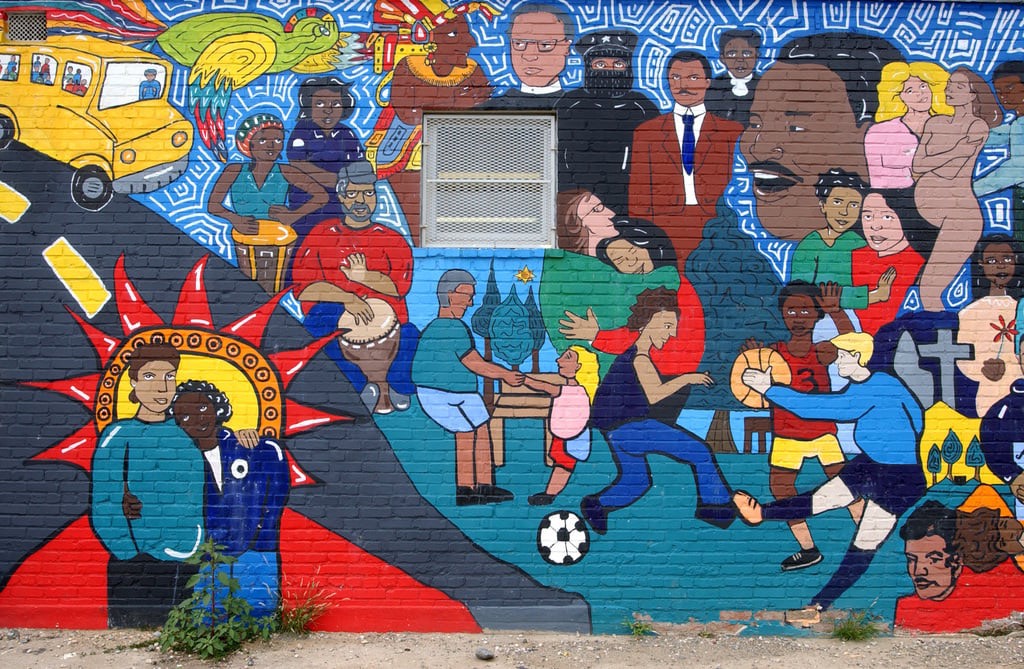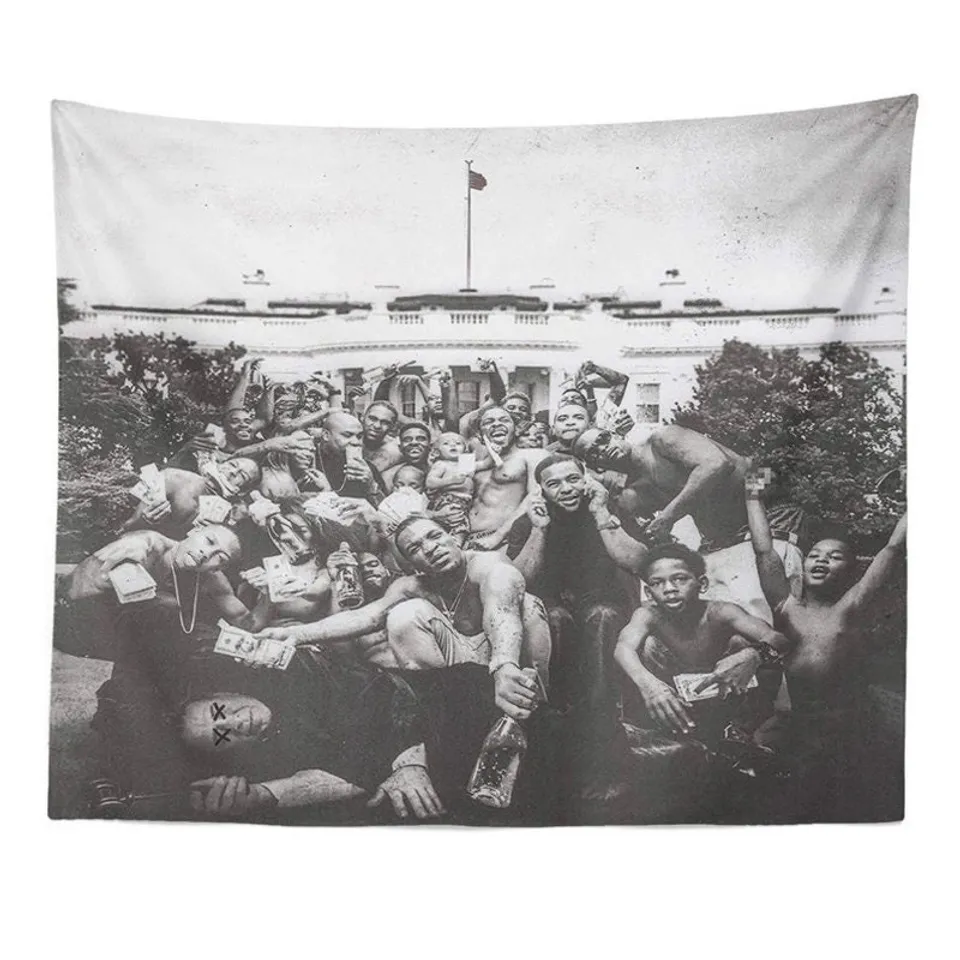The United States is known for being a melting pot with immigration having strong roots in American culture. The Founding Fathers themselves were immigrants; men who escaped tyranny to travel to a distant land for the chance of a better life.
But today, immigrants leave all they’ve known for the same reason centuries later. It is the reason that I am the first generation of my family to be born in the United States too.
Illegals & Criminals
The United States Supreme Court ruled that ICE and Border Patrol officials in Los Angeles, California can legally question people who are “suspicious” of being in the country illegally as of Sept 8. Based on the decision, ICE in LA are able to target people based on “how they look, what language they speak” or if they work a “low wage job.”
Under those requirements, I qualify to be suspicious of being in the country illegally. In fact, I am not a stranger to this stereotype. In middle school, during the height of Trump’s first presidential campaign, I had a classmate tell me to “have a nice trip” referring to me being deported. But that is not the only story I have of others assuming my legal status because of how I look or the language I speak.
The United States immigrant population reached a record 14 million in 2023. A large number of undocumented immigrants living in the United States come from Mexico, Guatemala, El Salvador, Honduras, and India. But the number of total Latinx people, both documented and undocumented, living in the United States accounts for 20% of the total U.S. population, which is around 62.5 million Latinx individuals in total. But stereotypes still try to box this large number into generalizations. Doing so, even with good intentions, helps no one.
In reality, I was born in the middle of nowhere in rural North Carolina. But the stereotypes do not care about reality. The stereotypes that associate Latinx identity with being illegal or criminals are used to create fear.
For example, a study by the Chicano Studies Center at the University of California, Los Angeles found that being a criminal was the most popular stereotypical role for Latinx people in TV and film. Even terms like “illegal alien” are used to paint a picture that undocumented people are “foreign” and do not belong. In a country where a person who sounds like me, looks like me and has a similar-sounding name to mine is called an “illegal alien,” the harm does not stop just because I am a citizen.
But even being born on American soil is not enough to prove I belong here. On his first day back in office, one of the first actions Trump took was to end birthright citizenship for children born to undocumented parents. The decision led many to question what would happen to children born to undocumented parents who have since become citizens.
If Trump’s order had gone into law, I would no longer be a citizen of the United States. My story is not unique though, as there are many of us who call this country home even if our roots started somewhere else.
During the height of the Trump Administration’s aggressive mass deportation agenda, I recall a moment where I sat on a bench outside of my dorm when an NC State University police car stopped in front of me. I thought about how I look and what the news was saying about people like me. I reached into my pocket, trying to find a way to prove I was here legally before he stopped to ask me how my night was going and carried on.
Unfeeling & Oversexed
Unfortunately, when gender comes to play, it is not spared from stereotypes. The Jim Crow Museum simplifies the gendered stereotypes well, where Latinx men (specifically Mexicans) are seen as “illiterate criminals” and women as “hypersexual.”
One popular American mainstream TV show, and one of the few that I know features a Mexican man as a main character, is “Narcos.” In “Narcos,” the actor, Pedro Pascal, is meant to portray a Mexican man, Javier Peña, though the actor is actually Chilean, which is not uncommon in Hollywood. If anything, it is a good example of how stereotypes destroy any appreciation for different cultures.
Latinx people are not interchangeable and there is nothing wrong with Pascal portraying a Mexican man. But it is hard to overlook when Javier Peña is hardly more than a stereotype. The solution is to actually celebrate and uplift other cultures, but too many of the folks in Hollywood seem far harder than to just assume all Latinx men are the same. This, in itself, is a stereotype where all Latinx identities are reduced to “Mexican.”
Another attempt to water down Latinx people is the “Latin Lover” and “Spicy Latina” stereotype. Both stereotypes dumb down Latinx people to being controlled by their passions.
The men are portrayed to have slicked back, dark hair in half-unbuttoned shirts and enjoy using the word “amor” an unnatural amount. For women, there is a tendency to cast a long haired beauty with a penchant for little clothing and a fiery attitude.
At face value, there should be nothing wrong with having a culture associated with good looks and romance. But to anyone who has experienced any form of racial fetishization, the intention is clear. It is a gross form of sexualization. As a Latinx person myself, I have had to sit through uncomfortable conversations where someone is mentioning how “beautiful Spanish sounds” or trying to compliment me by comparing my skin color to a tan-colored food item.
Hard Working…To What Cost?
When ICE began mass deporting undocumented people earlier in June 2025, a common word used to defend immigrants was the word “hard-working.” Though the word itself is often thought to be a compliment, it means something else when the word is repeatedly attached to the defense of innocent people being taken from their homes.
A personal example is my mother, who spent most of my childhood working from when the sun came up to when the sun came down while I was at school. As a first-generation Mexican-American, I was told by all my family to do well in school so that I could make money with my brain and not have to put my body through the pain they did.
I grew up helping my family on the weekends occasionally with roofing jobs. Even during my time working at Amazon and Walmart during night shifts, my fellow coworkers (many of whom were immigrants) worked hard through the impossible deadlines and the chronic pain they told me about. But when there is no other avenue, what else is there to do but work hard? It was the same reason my mother worked as hard as she did: to make sure I could have a better life.
Additionally, this generalization does more to glamorize the unjust working conditions that Latinx people have to endure and especially those who are undocumented, than it does to confront the reality many people suffer. In fact, a 2008 study about Latinx workers found that Latinx people in the workforce bear a significant part of the consequences of the government’s failure to enforce essential labor laws.
Further, Latinx workers are also most commonly involved in jobs with high labor law violations. The most unfortunate part of this statistic is how much of this is common knowledge. I’ve even had a CEO of a roofing company say to my face “If you want a job done, hire Mexicans but make sure the one in charge is the only legal one.”
Moving Beyond the Stereotypical
Latinx people can be Latin lovers, hard-working, and more. But that is not all we are. The truth is that Latinx people are not monoliths. The stories of Latinx people are as diverse as the people themselves. Multi-marginalized Latinx identities deserve to be heard too, such as the Afro-Latinx community, the Asian-Latinx community, and queer Latinx people. By amplifying diverse Latinx experiences, society can move beyond one-dimensional narratives.







